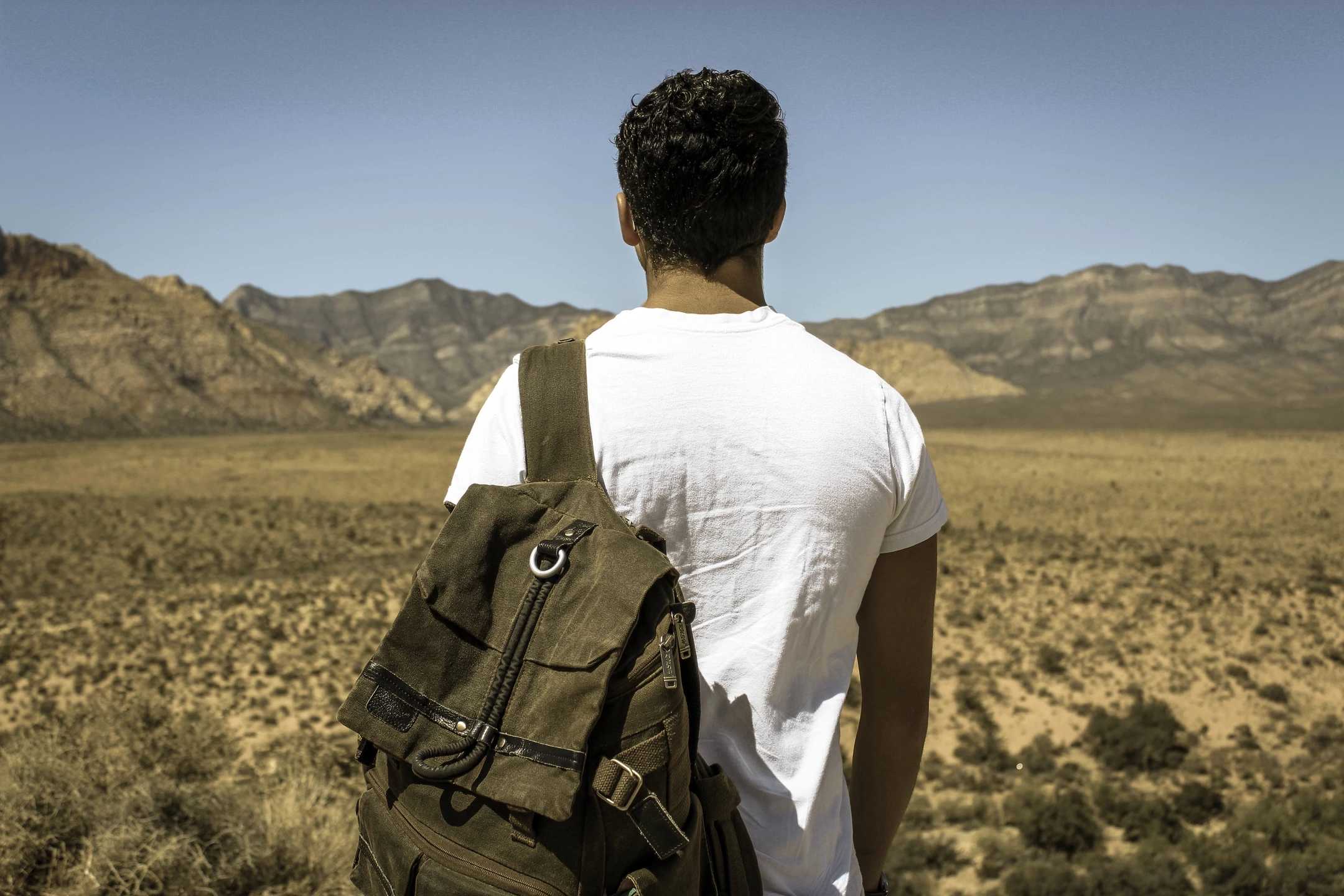I’m sometimes asked about this or that entry, “What does that have to do with 9/11?” Well, a lot does when so much of what goes on in the world is based on unchallenged lies. Today, without their permission, I’m turning everything below over to the Center for Action and Contemplation. Click on any of the links for more. — MCM
– – –
May 16 – May 21, 2021
Sunday
The people who hold the contradictions and resolve them in themselves are the saviors of the world. They are the only real agents of transformation, reconciliation, and newness. — Richard Rohr
Monday
While evil may reside primarily in “corporate” form, the resistance to it begins with individuals who make a clear decision to fight evil and hatred with goodness and love, even at the risk of their lives. — Richard Rohr
Tuesday
Oh, Lord, let me feel at one with myself. Let me perform a thousand daily tasks with love, but let every one spring from a greater central core of devotion and love. — Etty Hillesum
Wednesday
Between stimulus and response there is a space. In that space is our power to choose our response. In our response lies our growth and our freedom. — Viktor Frankl
Thursday
The choice to accept myself as I am: human, imperfect. To be useful, to be used up, to survive and to thrive so I can use every moment to make the world a better place. — Edith Eger
Friday
In the gospel we are shown that real power is not the power of domination but rather the power of love. And that looking at life from the vantage point of love, we see our being and our joy increase to an extent that we give it away. — Adam Bucko
One of the primary themes of the Hebrew Scriptures is that of liberation. God frees the Jewish people from enslavement, exile, and suffering. In the Christian Scriptures, Jesus continues to do that work through his Gospel of love and forgiveness. Perhaps it’s not very surprising, then, that the therapeutic model Dr. Edith Eger developed over her four decades of practice is based on freedom. She calls it “Choice Therapy, as freedom is about CHOICE—about choosing compassion, humor, optimism, intuition, curiosity, and self-expression.” [1] In this practice, drawn from her Jewish faith and tradition, she encourages us to find freedom through conscious choice. — Richard Rohr
In the Haggadah, the Jewish text that tells the story of liberation from slavery in Egypt and teaches the prayers and rituals for seder, the special Passover feast, there are four questions that the youngest member of the family traditionally gets to ask—the questions it was my privilege to ask at my childhood seders, that I asked the last night I spent with my parents in our home. In my therapeutic practice I have my own version of the four questions . . . [so patients] could liberate themselves from their victimhood.
- What do you want? This is a deceptively simple question. It can be much more difficult than we realize to give ourselves permission to know and listen to ourselves, to align ourselves with our desires. How often when we answer this question do we say what we want for someone else? . . .
- Who wants it? This is our charge and our struggle: to understand our own expectations for ourselves versus trying to live up to others’ expectations of us. . . . It’s our responsibility to act in service of our authentic selves. Sometimes this means giving up the need to please others, giving up our need for others’ approval.
- What are you going to do about it? I believe in the power of positive thinking—but change and freedom also require positive action. Anything we practice, we become better at. If we practice anger, we’ll have more anger. If we practice fear, we’ll have more fear. In many cases, we actually work very hard to ensure that we go nowhere. Change is about noticing what’s no longer working and stepping out of the familiar, imprisoning patterns.
- When? In Gone with the Wind, my mother’s favorite book, Scarlett O’Hara, when confronted with a difficulty, says, “I’ll think about it tomorrow. . . . After all, tomorrow is another day.” If we are to evolve instead of revolve, it’s time to take action now. . . .
I’ve never met a person who would consciously choose to live in captivity. Yet I’ve witnessed again and again how willingly we hand over our spiritual and mental freedom, choosing to give another person or entity the responsibility of guiding our lives, of choosing for us — Dr. Edith Eger
